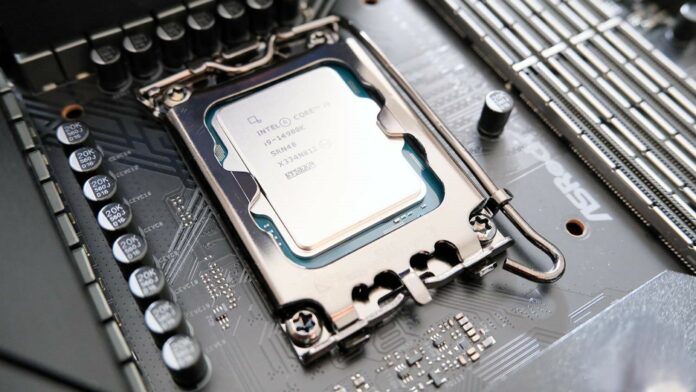Intel has started investigating potential issues with its 13th and 14th Gen Core processors due to mass customer returns. Problems have gotten so rampant that a Korean distributor reportedly receives around ten Intel CPU returns per day.
Reports of bugs, crashes, and instability using Intel’s latest chips are nothing new. Gamers have long shouted about unexpected blue screens with 13th and 14th Gen Core CPUs. The general response to these complaints was to blame other parts of the build instead of the processors. This is the first time we’ve seen mass returns for CPUs, driving home that there’s likely something wrong here.
After many complaints from forum users and reviewers, complemented by the increase in customer returns, Intel has finally taken notice. Team Blue tells ZDNet Korea that it’s “aware of problems that occur when executing certain tasks on 13th and 14th generation core processors for desktop PCs, and is analysing them with major affiliates.”
At first glance, this issue seems multi-pronged. Intel pushes its CPUs to the limit, while motherboard makers unlock power targets in the BIOS to achieve higher clocks and inflate review charts. Core 13900K and 14900K already have some of the highest frequencies and temperatures out of the box. It’s possible that Team Blue played Icarus, aiming for the sun and getting burned.
Should users cheap out on cooling or install the cooler incorrectly, it could push already-lofty temperatures even higher. This would reduce the chips’ longevity and require higher voltages to run at the selected frequency, thus crashing when lacking enough power. That said, until we get an official statement, we can’t be 100% sure.
Users get a different error message depending on the game or app they’re running when things go awry. The most notable one is the “Out of Video Memory” message, typically appearing in games made using Unreal Engine.
Intel might be in the spotlight this time around, but it’s not the only brand with issues. I remember a friend who experienced many bugs with motherboard USBs when using early Ryzen 3000 CPUs. No brand or model is perfect. I’m just thankful that – knock on wood – I’ve never had an issue with either AMD or Intel CPUs.
In the meantime, if you own an affected CPU, you may want to underclock and undervolt your chip. Many users have reported better stability after doing so. Worst case scenario, if you are unsatisfied, you can always return the CPU and ask for a refund. Although some 13th Gen chips might be out of the return period, some retailers accept on behalf of exceptional circumstances like this.

